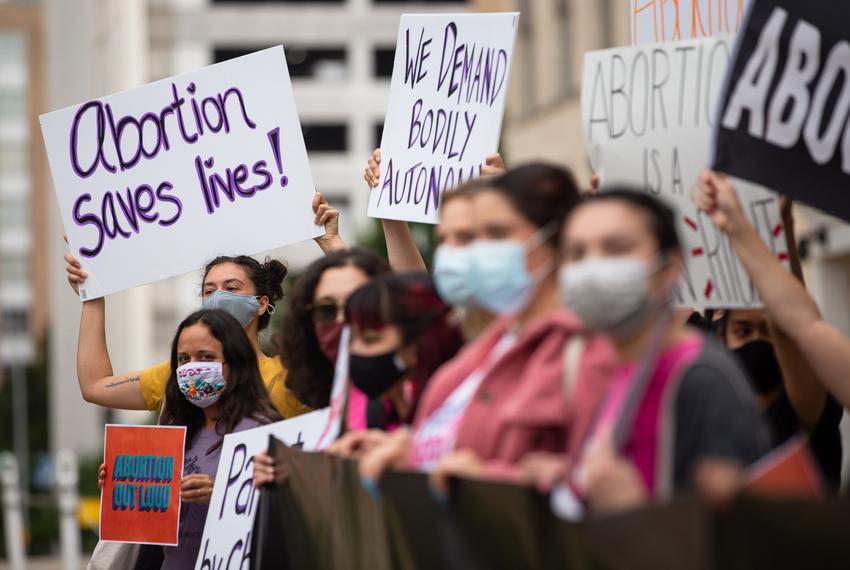Infant deaths spike in Texas after state’s abortion bans
Texas’ stringent abortion restrictions, among the strictest in the nation, may be linked to a sudden increase in infant mortality rates as women are compelled to carry nonviable pregnancies to full term.
Preliminary infant mortality data obtained by CNN through a public records request shows that in 2022, about 2,200 infants died in Texas, marking an 11.5% rise (227 deaths) compared to the previous year. Specifically, infant deaths caused by severe genetic and birth defects increased by 21.6%, reversing a nearly decade-long decline. Between 2014 and 2021, infant deaths had decreased by almost 15%.
The rise in deaths could partly be attributed to an increase in the number of babies being born in Texas. A report revealed that in the final nine months of 2022, the state experienced nearly 10,000 more births than expected before the abortion ban, indicating a roughly 3% rise.
However, obstetrician-gynecologists specializing in high-risk pregnancies believe that Texas’ strict abortion laws have contributed to the higher infant mortality rates. The ban on abortions beyond six weeks of pregnancy, followed by a trigger law banning most abortions except those to protect the life of the mother, has limited women’s options in cases of nonviable pregnancies.
The Center for Reproductive Rights has filed a lawsuit on this issue, with several women testifying in court about their difficult pregnancies and infant deaths after giving birth. Prior to the recent abortion restrictions, Texas prohibited abortions after 20 weeks, giving parents more time to learn critical information about fetal development and brain formation, which doctors begin testing for at around 15 weeks.

Plaintiffs in the lawsuit allege that the abortion ban has denied them access to necessary obstetrical care, and they seek clarification on when doctors can make medical exceptions to the state’s ban.
Medical experts warn that such abortion bans endanger both babies and mothers, exacerbating maternal mortality rates in Texas, which already had the highest rate among wealthy nations before the Supreme Court decision. Pregnancy is inherently risky, and forcing women to carry nonviable pregnancies poses unnecessary health risks when it is clear that the baby will not survive.
The controversial abortion restrictions continue to spark legal challenges and debates about reproductive rights, maternal health, and the well-being of infants in the state of Texas.



